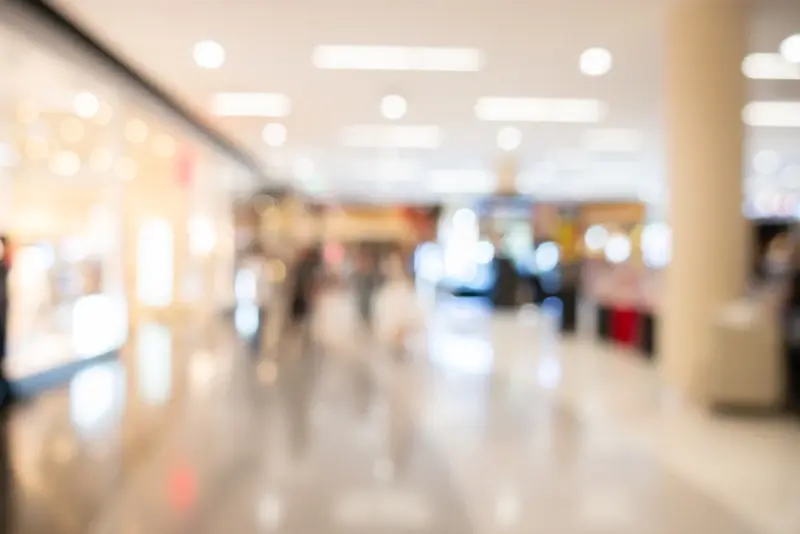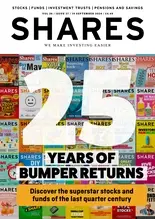
During April, the number of UK consumers visiting shops collapsed as the economy shut down to stop the spread of the dreaded COVID-19.
This is according to a survey from the British Retail Consortium (BRC) and retail data outfit ShopperTrak, which found that footfall dropped 84.7% year-on-year with consumers stuck indoors and physical outlets shuttered as retailers focused on their online operations.
LOSING OUT TO LOCKDOWN
‘Lockdown has dramatically cut footfall traffic across retail locations, with the majority of physical stores closed to the public,’ commented Helen Dickinson, chief executive of retail industry trade body the BRC.
However, she added: ‘The fall has been slightly less dramatic in retail parks where a high proportion of supermarkets and other essential stores have remained open, slightly mitigating the overall reduction in footfall.’
SHOPPING CENTRES SUFFER
Within the three formats for footfall measurement, shopping centres, unsurprisingly, recorded the weakest traffic, down by a whopping 87.8%, followed by the high street at 81.8%.
Retail parks, which are often anchored by supermarkets with relatively high car accessibility, faired far better, although footfall still fell by an eye-watering 62.4% in a dire month for brick and mortar shops.
‘In truth, this dataset really confirms what we already knew about the impact of lockdown upon the retail, and it should be said, food and beverage segment of the consumer economy too, based upon recent trading statements from listed entities,’ said Shore Capital’s Clive Black.
The analyst reckons 2020 is going to be a ‘wipe-out’ year for the discretionary consumer segments of the UK economy.
DOSE OF REALITY
Black also thinks those ‘intimating super-normal profits from Britain’s supermarkets and other non-discretionary segments of retail are clearly looking through very skewed lenses as firm after firm, from the Co-op to Tesco (TSCO), demonstrates the high costs of coping with coronavirus, more than off-setting business rate relief.’
LONG AND WINDING ROAD?
Shore Capital’s Black is no proponent of a ‘V’-shaped recovery for the British consumer economy either, because rising unemployment and low consumer confidence will weigh upon demand, particularly for the discretionary segments of the industry.
Black sees 2021 as being a year of stabilisation, benefiting from favourable comparatives, with greater evidence of re-building coming through in 2022.
‘The only silver lining in the current BRC-Shoppertrak data for investors is that it confirms the favourable comparative landscape for the second quarter of the 2021 calendar year,’ continued Black.
‘In the meantime, we all must hope that the trends for coronavirus in the UK continue to notably improve and quickly and, indeed, that there is no major flair up or second wave as the deeper lockdown measures ease.’






